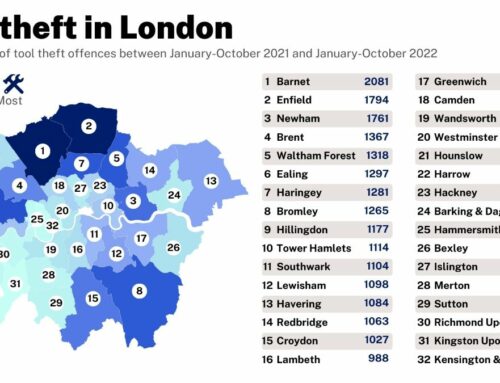
Monitoring risk of business van drivers through vehicle tracking has the potential to change the future of driving
IN the UK there is a growing ‘zero tolerance’ culture, with widespread improvements in the security measures implemented by both the authorities and by fleet operations professionals to combat substance abuse and driver fatigue.
The past decade has seen a crackdown, but drug use and fatigued driving remain key threats to driver safety, and still require some work to create the culture we are working towards.
Fortunately, it is the difficulty faced by those tackling substance use and extreme tiredness that has sparked more dialogue between legal authorities, fleet operators and staff in recent years.
vehicle tracking devices are paving the way for heightened security tracking and a better customer experience
As we encounter the challenge of monitoring risk among drivers, more innovative safety practices are coming to light and have the potential to change the future of driving.
These techniques range from new tests to new technologies, all of which have their own merits and controversies.
For many, vehicle tracking devices are paving the way for heightened security tracking and a better customer experience through a more strategic application of fleet, but remain subject to some negative press.
This is due to the rationale behind its introduction and the way in which it is communicated to drivers.
Failure to convey the positives of tracking invites the misconception that there should be a big brother approach, where all vehicles in the UK are fitted with black box technology.
Vehicle tracking does not necessarily refer to black box devices; rather, many operators would avoid it.
This is because black box could see the security system go from being a benefit and safety-driven system to something much more than that, such as taxation and usage charging.
It is for this reason that vehicle-tracking devices must be explained properly rather than risk close association with black box technology. The other devices can improve driver safety, as tracking creates awareness and promotes behavioural change.
The devices can improve duty of care with a more conscious approach to driving when linked with strong policy. They also prove useful when managing lone or remote working, as they allow employers to track their drivers’ whereabouts and safety.






Leave A Comment